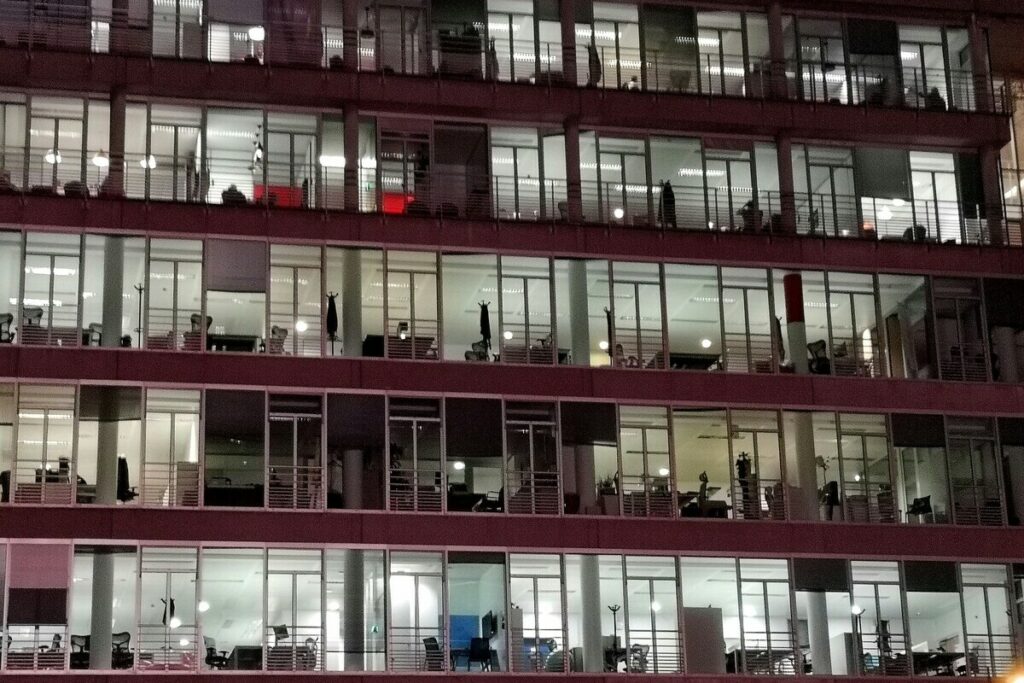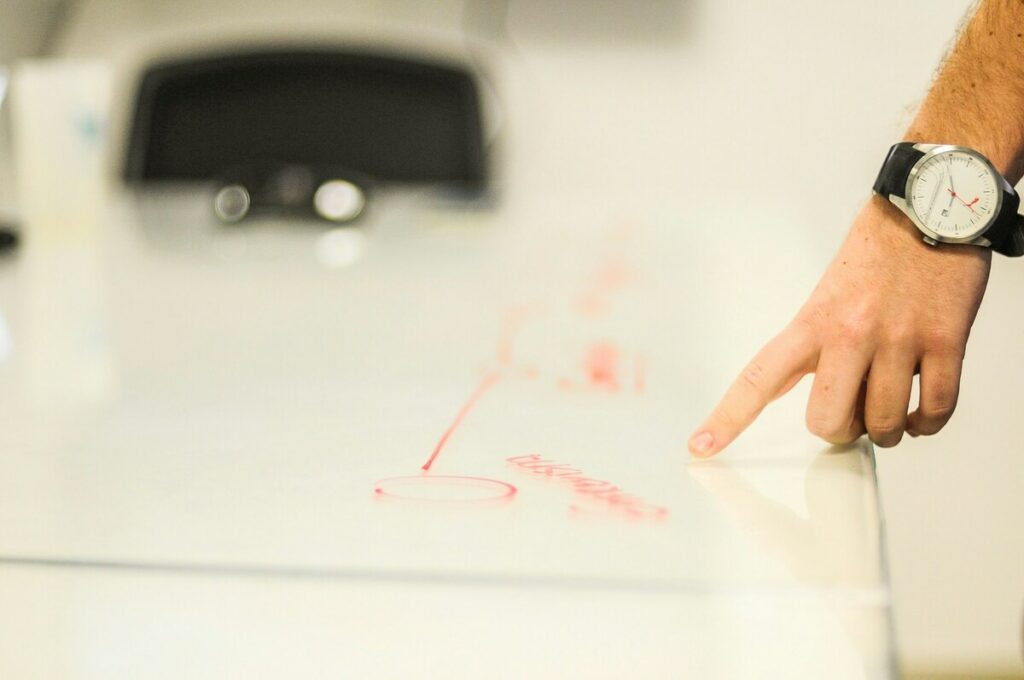What Are Workplace Services? Examples & How to Choose?

Effective workplace services ensure everything runs efficiently and employees stay productive. With the rise of hybrid work models, flexible office layouts, and advanced technology, the importance of these services has only risen. Companies must balance delivering exceptional employee experiences and managing operational costs. In this guide, we’ll explore the essential services every office needs, why they’re crucial for business success, and how to choose the best services to meet your company’s unique needs.
Workstation Area Ideas to Boost Productivity

Workstation areas impact employee focus and comfort. A well-planned space boosts efficiency and well-being. However, poor design can cause distractions and discomfort. With hybrid work, offices must adapt. Some employees come in daily, while others visit occasionally. This makes workstation planning even more important.
This guide will cover key aspects of workstation areas. We’ll discuss layouts, ergonomics, technology, and best practises. You’ll also learn how data can help optimise your office setup.
Office Seating Arrangement Tips for Modern Workplaces

Office seating arrangements affect productivity. A well-planned layout enhances focus and teamwork. Poor planning leads to distractions, discomfort, and inefficiency. Companies need seating strategies that work for all employees. The rise of hybrid work adds new challenges.
The Workplace Manager: Key to Office Efficiency

The role of the workplace manager has changed. It is no longer just about managing office space. Today, it is about creating smart, efficient, and employee-friendly workplaces.
With hybrid work becoming the norm, companies need strategic workspace planning. The workplace manager ensures that offices remain functional, engaging, and cost-effective.
10 Hybrid Work Best Practises and Common Mistakes to Avoid

Hybrid work best practises have become essential as the workplace has changed. This model is now a common way of working, blending in-office and remote work. OWL Labs study showed that 27% of employees work fully hybrid (increased from 26% in 2023). And 11% are fully remote (increased from 7% in 2023).
9 Common Hybrid Work Myths Debunked

Hybrid work is now a common workplace model. Many companies use it to balance office and remote work. Yet, myths and misconceptions still exist. Some believe hybrid work harms productivity. Others think it weakens company culture. But what does the data say?
In this article, we will debunk 9 common myths about hybrid work. We will back up facts with research and provide practical tips.
The Changing Office: How to Successfully Adapt?

The past decade’s trends have been changing offices. What was once a rigid structure of assigned desks, conference rooms, and long hours in the office is now evolving. With hybrid work models rising, companies adjust their offices to meet new employee needs.
In this article, we’ll look at how companies are changing offices, why hybrid work is becoming more popular, and how businesses can adapt. We’ll also explore the role of technology in modern office design and the future trends shaping the workplace.
Office Space Planning: Key Principles and Best Practises

Office space planning is a critical part of running a successful business. It helps create an environment where employees can work effectively and feel comfortable. With hybrid work and flexible schedules becoming the norm, proper planning is more important than ever.
Effective Desk Management: Key Strategies and Tips

Desk management ensures employees can work efficiently while businesses make the most of their office space. As hybrid work grows, companies face new challenges in managing desks effectively. Poorly managed desks lead to frustration, wasted space, and unnecessary costs.
This guide explains workspace management and why it matters. We’ll cover the challenges, strategies, and tools to improve your workplace.
Back-to-Back Meetings: Ways Teams & Individuals Can Cut Back

Back-to-back meetings have become a daily struggle for many professionals. These non-stop sessions can drain energy, reduce productivity, and harm morale. If your calendar is packed with meetings, it’s time to rethink how you work.
